It has been a year since Ratan Naval Tata — the man who redefined Indian business ethos with humility, ethics and vision — passed away. On his first death anniversary, the Tata Group stands at a significant crossroads: one foot grounded firmly in its storied legacy and the other stepping decisively into a future shaped by technology, manufacturing and global ambition.
Ratan Tata’s influence on the Group remains palpable even in his absence.
His philosophy — that business must be a force for good — continues to guide decision-making across Tata companies.
His proteges, including Tata Sons chairman N Chandrasekaran and Tata Trusts Chairman Noel Tata, have drawn deeply from his playbook of courage, innovation and compassion as they steer the 156-year-old conglomerate through an era of transformation.
A new era under Chandrasekaran
When Chandrasekaran issued his year-end message in December 2024, it carried both grief and resolve.
He paid an emotional tribute to Ratan Tata, calling him “an irreplaceable leader and mentor.” Yet his letter was equally forward-looking, outlining an ambitious roadmap for the Group’s growth in the face of global upheaval.
The geopolitical crises of 2024 — from the conflicts in Ukraine and Gaza to instability in Sudan — had prompted a global shift from efficiency to resilience in supply chains.
Chandrasekaran recognised this as India’s moment to shine.
With its deep talent pool, manufacturing capacity and a rising digital economy, India was poised to play a central role in reshaping global trade. The Tata Group, he declared, would be at the forefront of this shift.
Impact Shorts
More ShortsInvesting in India’s industrial renaissance
Chandrasekaran announced one of the most ambitious job creation plans in the Group’s history — 500,000 new manufacturing jobs over five years.
The plan focussed on strategic sectors like semiconductors, electric vehicles, batteries and solar equipment — industries critical to both India’s economic self-reliance and the global clean-tech transition.
Factories in Gujarat, Tamil Nadu and Maharashtra are already humming with activity.
The opening of India’s first semiconductor fabrication unit in Gujarat marked a defining moment — a dream long nurtured by policymakers and technologists alike.
Complementing this was the Group’s new battery cell plant in the UK, highlighting Tata’s dual commitment to “Make in India” and “Serve the World.”
As Chandrasekaran said, “Big strategic bets made with his encouragement are bearing fruit.”
Indeed, many of these ventures — from Tata Motors’ EV push to Tata Power’s solar expansion — were initiatives seeded during Ratan Tata’s later years, now maturing into growth engines for the Group.
Beyond manufacturing: A diversified expansion
The Tata Group’s resurgence isn’t confined to manufacturing.
Sectors like retail, technology services, aviation and hospitality are also thriving.
Tata Consultancy Services (TCS), the Group’s crown jewel, remains the financial anchor, with profits exceeding Rs43,000 crore in FY2024. Its leadership in digital transformation, cloud services and AI-driven analytics continues to fuel the conglomerate’s new ventures.
In retail, Trent — under Noel Tata’s stewardship — has become one of India’s most successful multi-format players, operating over 700 outlets.
Air India’s rejuvenation, under Tata’s management, has reignited national pride in the skies. Meanwhile, Tata Digital is reshaping consumer experiences with the Neu super app, bridging the Group’s diverse ecosystem into one integrated digital platform.
Together, these initiatives underscore the Group’s strategy: to blend industrial reinvention with digital acceleration — a hallmark of the post-2024 Tata vision.
Noel Tata’s quiet ascent
The passing of Ratan Tata inevitably created a vacuum at the moral and symbolic heart of the organisation.
But the appointment of Noel Tata as chairman of Tata Trusts in October 2024 ensured continuity of vision and leadership.
Known for his understated style and steady hand, Noel Tata embodies a quiet strength reminiscent of his half-brother.
Having spent over four decades within the Tata ecosystem — from Tata International to Voltas and Trent — Noel brings deep operational experience and a global perspective. His success in scaling Trent and revitalising Tata International’s global reach demonstrates his pragmatic approach to growth.
Now at the helm of Tata Trusts, which holds 66 per cent of Tata Sons, Noel Tata faces a dual challenge: preserving the Trusts’ philanthropic mission while ensuring strategic alignment with Tata Sons’ commercial pursuits. The trusts, which historically guided the Group’s direction through a unique blend of ethics and enterprise, remain the soul of the Tata empire.
Storm within
Yet, even as the Group expands outward, internal turbulence has surfaced within the Trusts. The months following Ratan Tata’s passing have seen friction among trustees — a rare phenomenon in a Group renowned for its consensus-driven governance.
A faction led by Mehli Mistry and other trustees has clashed with Noel Tata and Venu Srinivasan over board appointments at Tata Sons. Disagreements over the reappointment of senior directors and new nominees have escalated to the point of government involvement — an unprecedented situation for the House of Tata.
The conflict’s roots lie partly in the complex interplay of legacy, control and governance. The Trusts’ policy of requiring annual reappointments for directors above 75, introduced after Ratan Tata’s passing, triggered fresh debates over leadership continuity.
Meanwhile, the Shapoorji Pallonji (SP) Group — which holds an 18.37 per cent stake in Tata Sons — continues to seek liquidity options amid heavy debt burdens, intensifying the broader shareholder dynamics.
The Reserve Bank of India’s (RBI) classification of Tata Sons as an “upper layer core investment company” has added to the complexity, with the SP Group pressing for a potential listing.
Negotiations for a partial stake buyback by Tata entities are reportedly underway, raising hopes of a truce.
Calls for harmony and the ‘Tata Way’
The discord has not gone unnoticed by India Inc business leaders and policymakers alike have expressed concern that internal divisions could tarnish the Group’s reputation.
RPG Enterprises Chairman Harsh Goenka tweeted earlier this week, “The Tatas are an institution that defines India’s corporate soul. Any internal discord hurts Brand India itself.”
Even Home Minister Amit Shah is said to have urged the trustees to “do things the Tata way” — referring to the Group’s tradition of resolving differences through dialogue and consensus rather than confrontation.
The Tata Trusts board meeting scheduled today on October 10, 2025, is expected to be a crucial turning point, potentially paving the way for reconciliation between the factions.
As one long-time Tata executive put it, “Ratan Tata built a culture where every decision began with conscience. That’s the compass the Group must rediscover.”
Ratan Tata’s lasting ethos
If the Group’s current challenges reflect anything, it is that Ratan Tata’s moral leadership remains its most enduring asset. His insistence on integrity over expediency and purpose over profit, remains deeply embedded in the Tata DNA.
Under his stewardship, the Group transformed from a largely India-centric conglomerate into a global powerhouse, acquiring marquee names like Jaguar Land Rover, Corus and Tetley Tea.
Yet, for all his business triumphs, Ratan Tata’s legacy lies equally in his empathy — his ability to balance capitalism with compassion and vision with humility.
His initiatives in philanthropy — from healthcare and education to rural development — continue to impact millions through Tata Trusts’ work. Even in his absence, his vision for a humane capitalism remains the guiding star for the organisation.
A tribute beyond words
As remembrance events unfold across Tata offices, factories and foundations today, employees and partners alike reflect on Ratan Tata’s quiet greatness. There is grief, yes — but also gratitude. His life continues to inspire generations of leaders to think long-term, act with purpose and dream without arrogance.
As the Tata Group steps into its next chapter, it finds itself both challenged and renewed. The past year has tested its unity, but it has also reaffirmed its resilience. Under Noel Tata and Chandrasekaran, the Group is evolving — technologically, structurally and philosophically — to meet the demands of a changing world.
One year on, the Tata Group is not just remembering a legend — it is living his legacy.


)
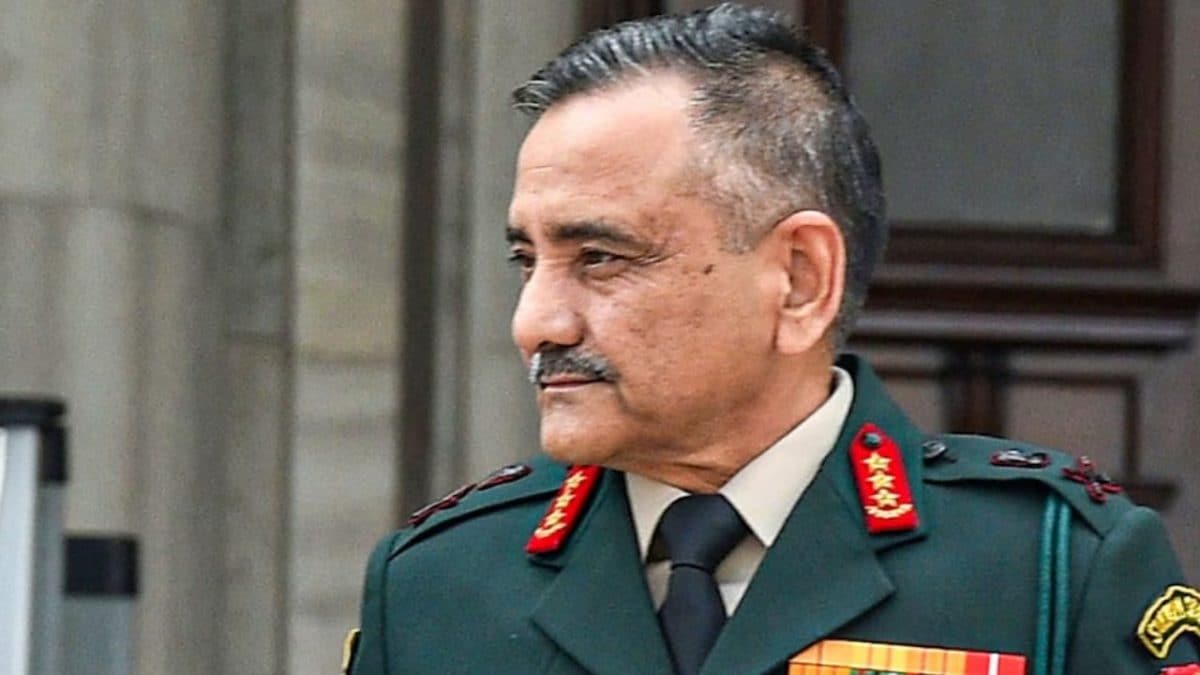
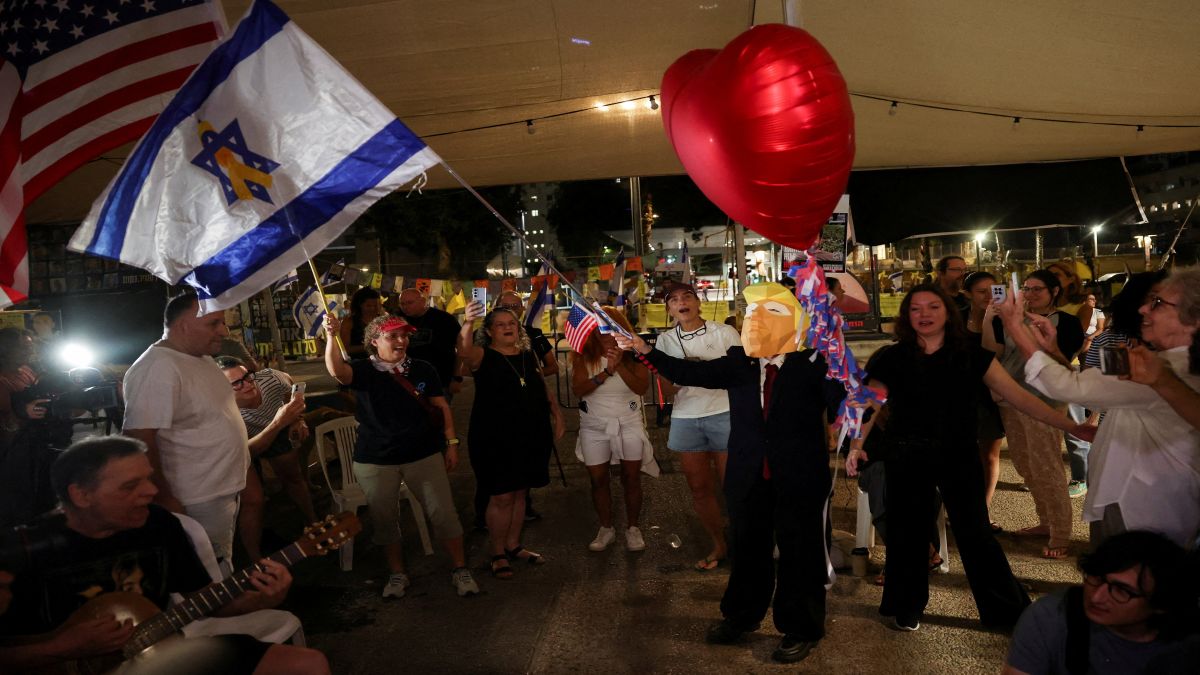)
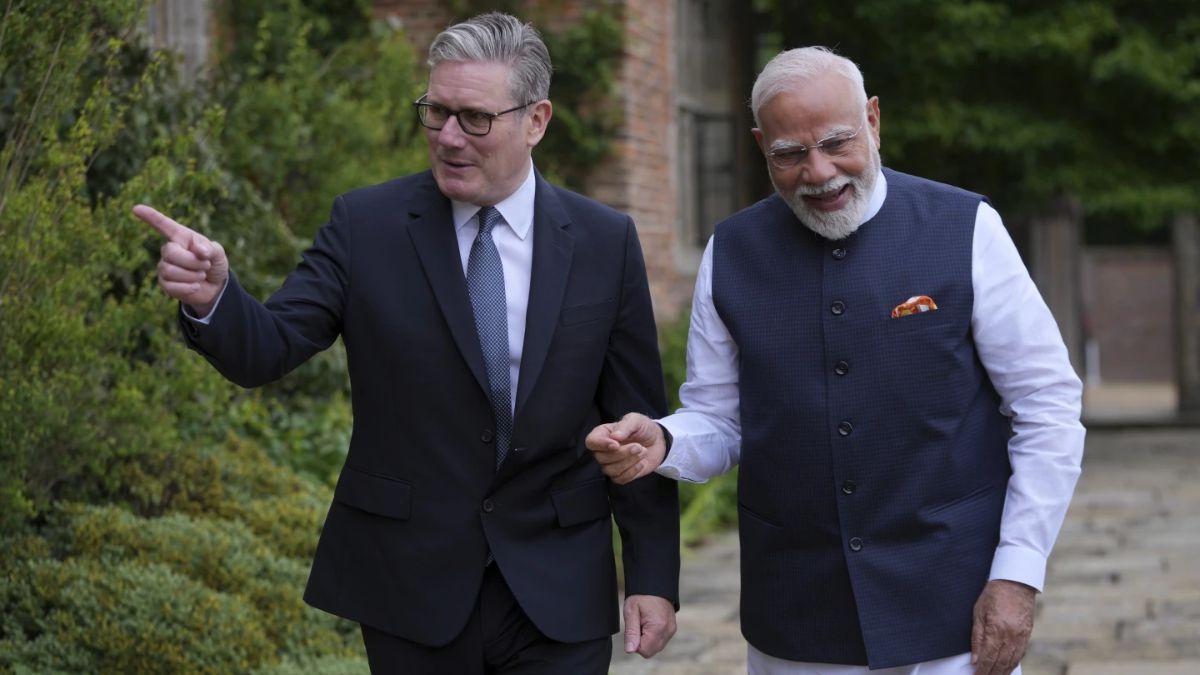)
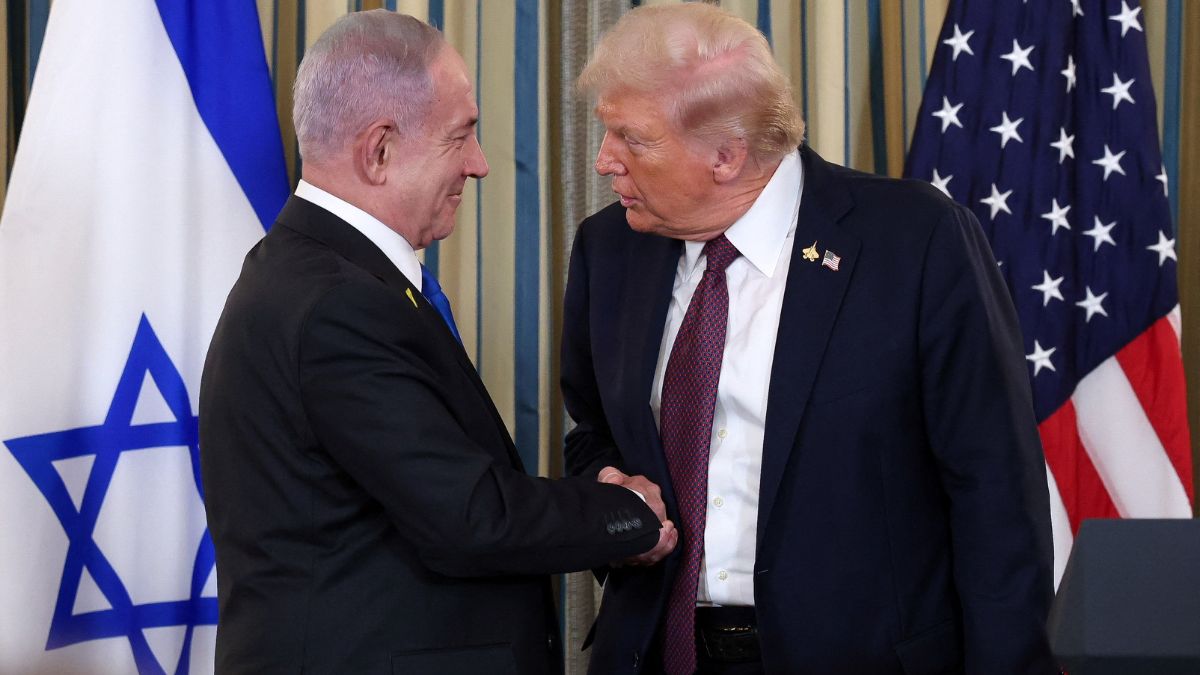)
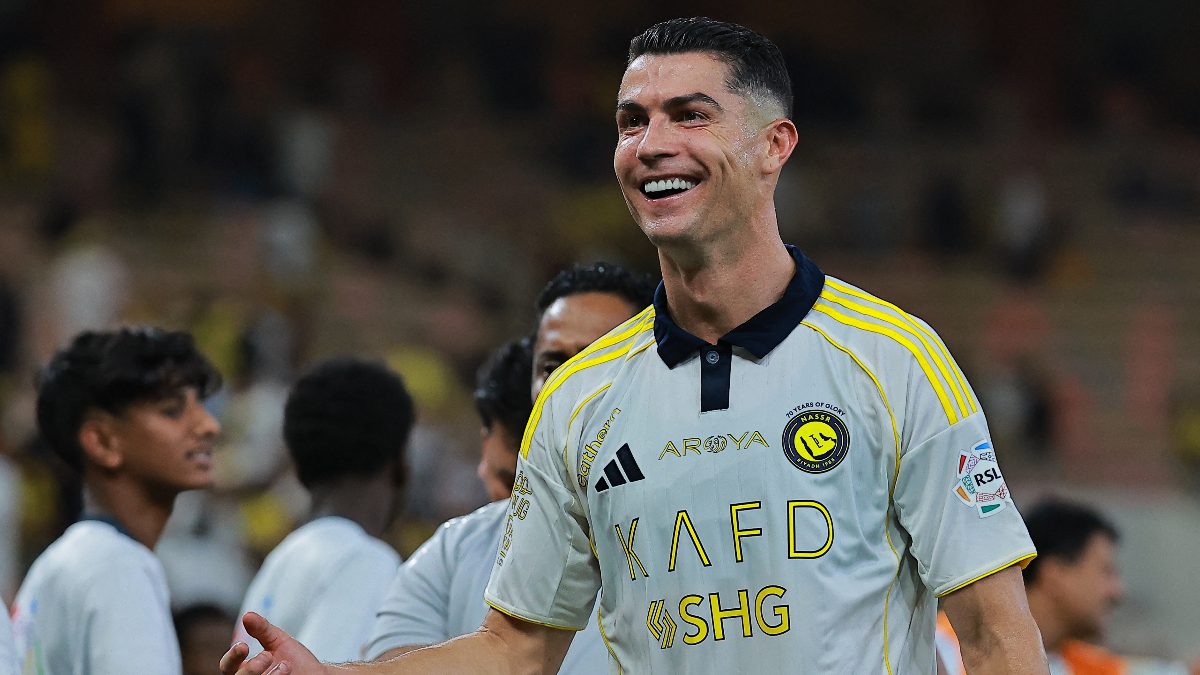)
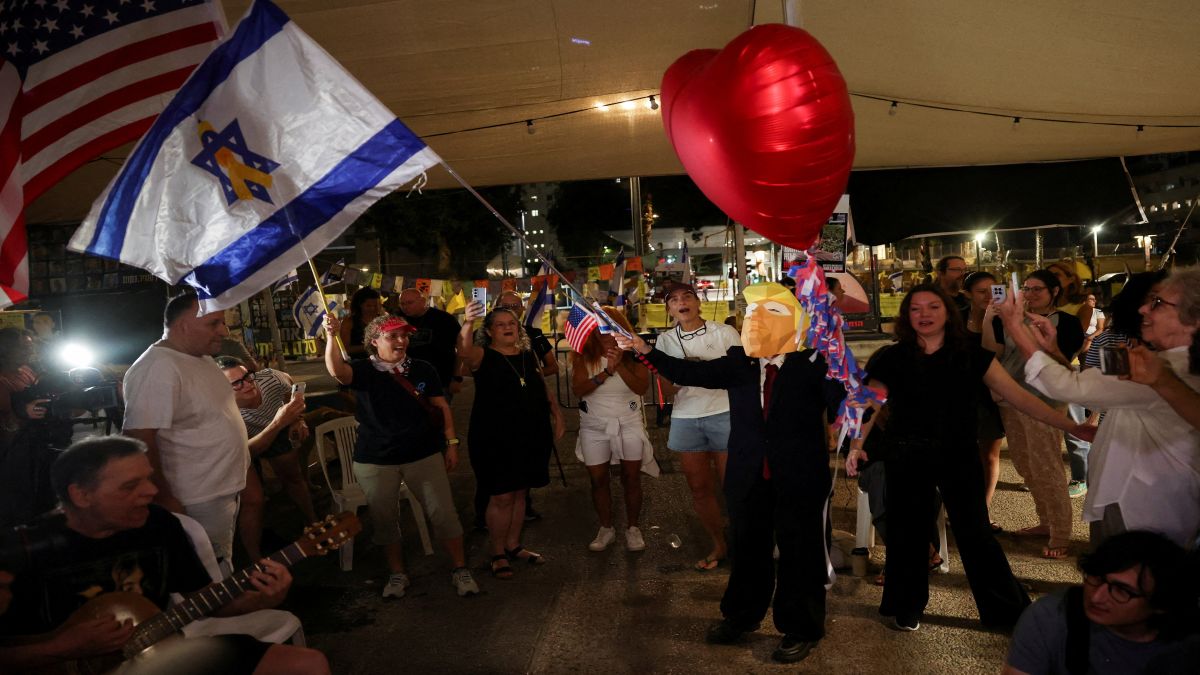)
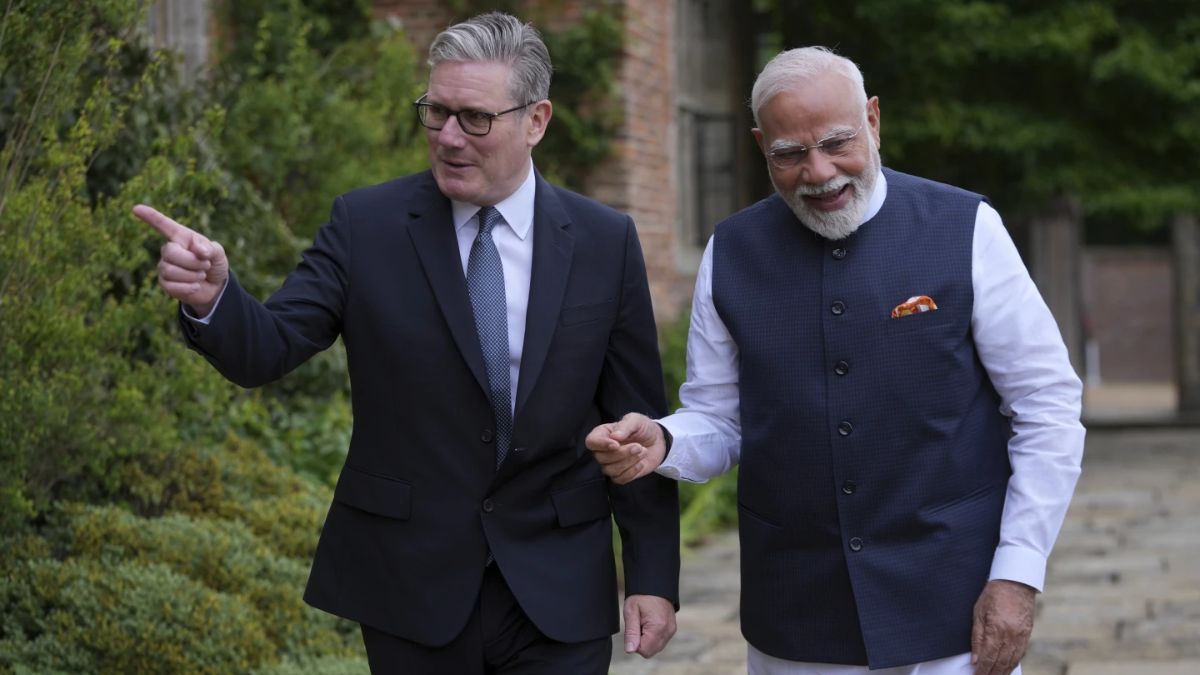)
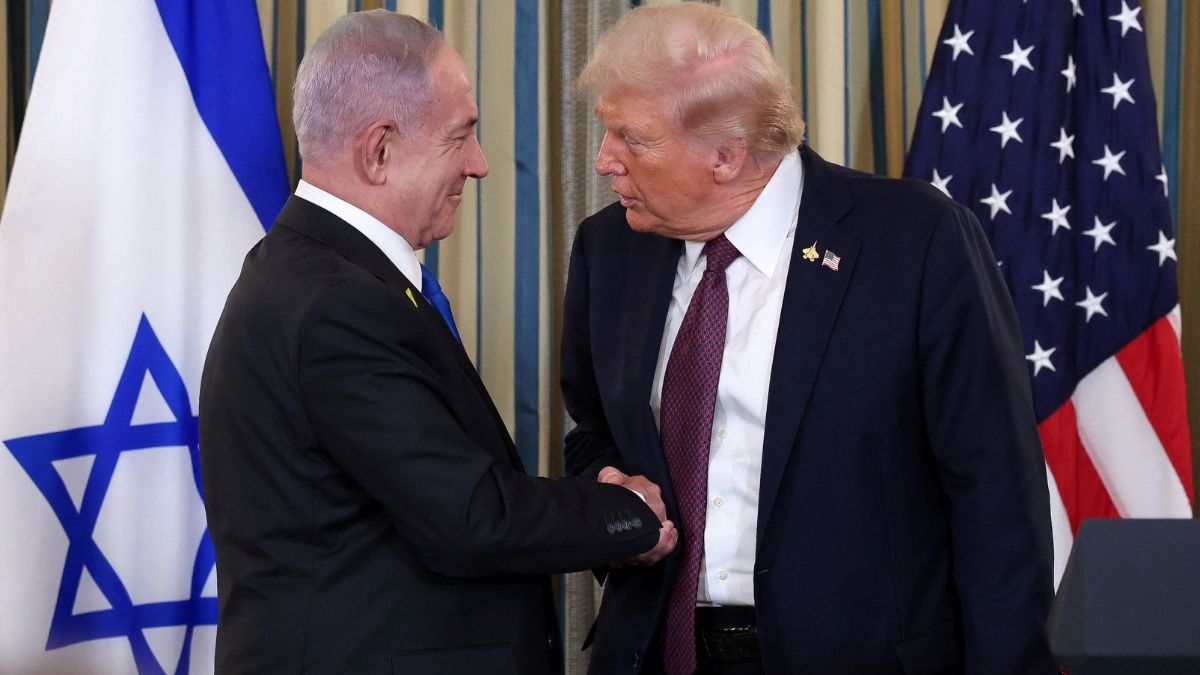)
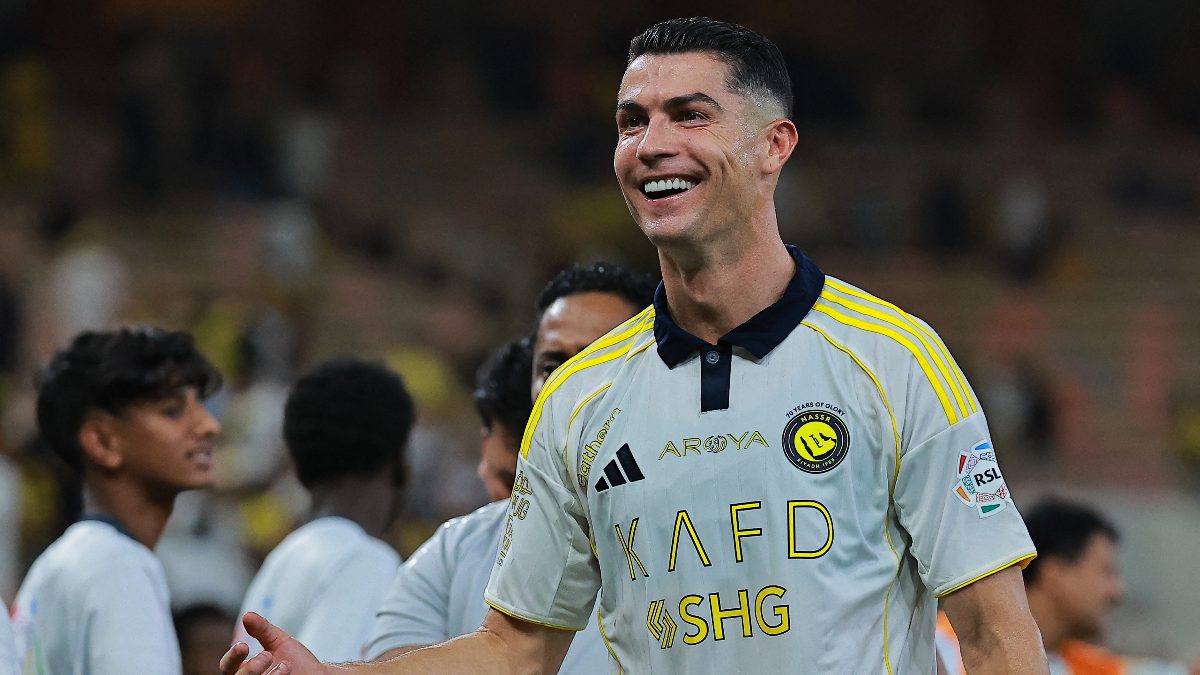)



